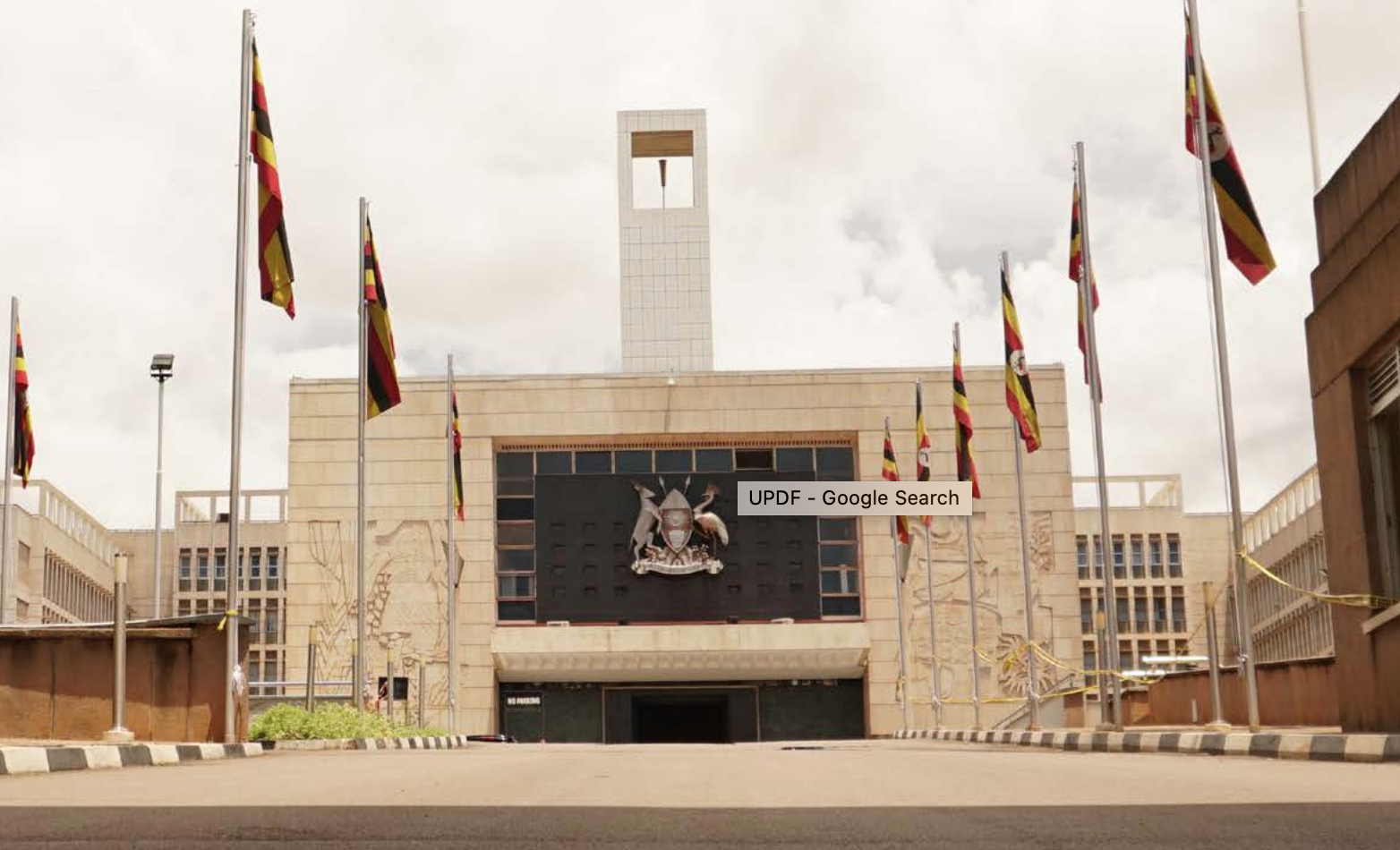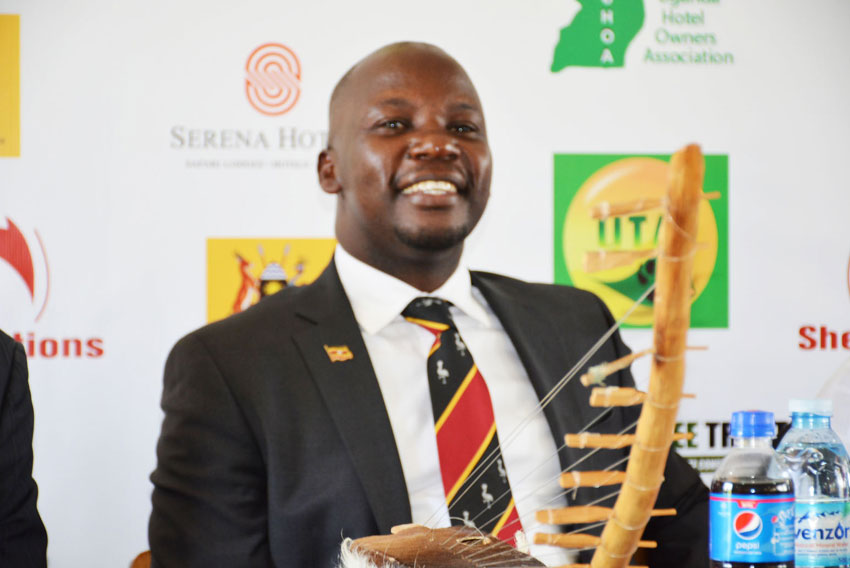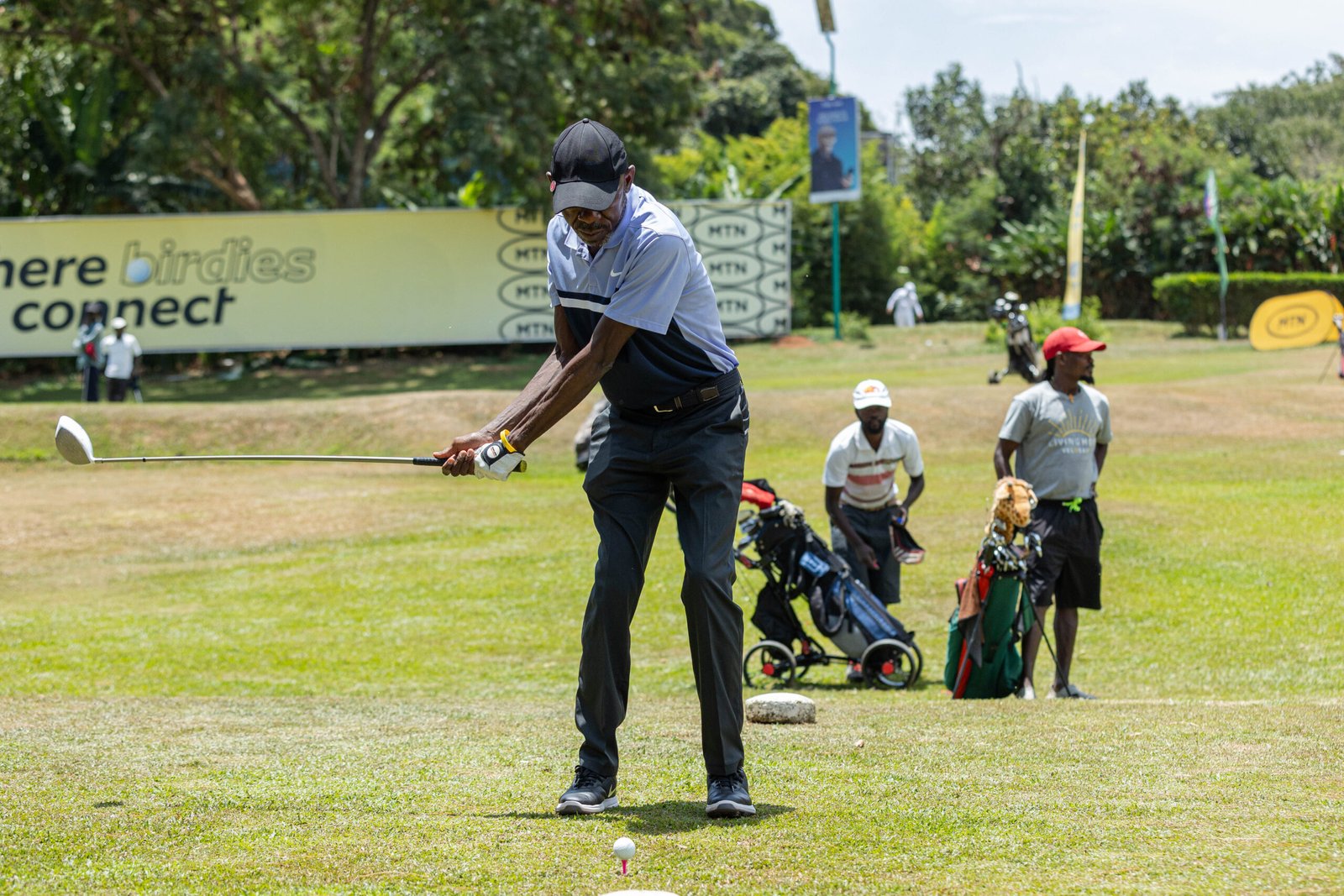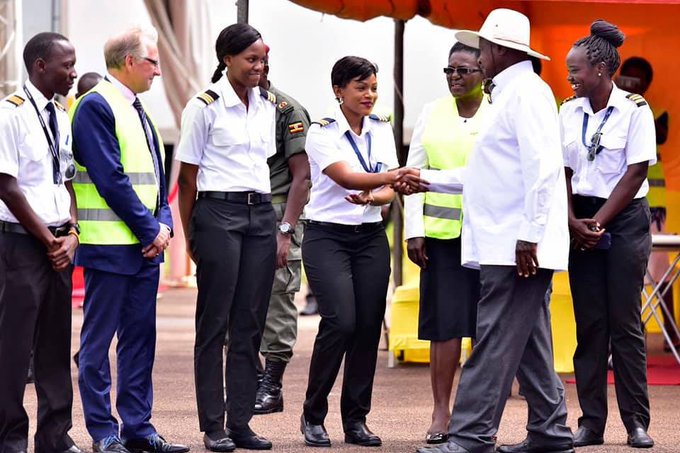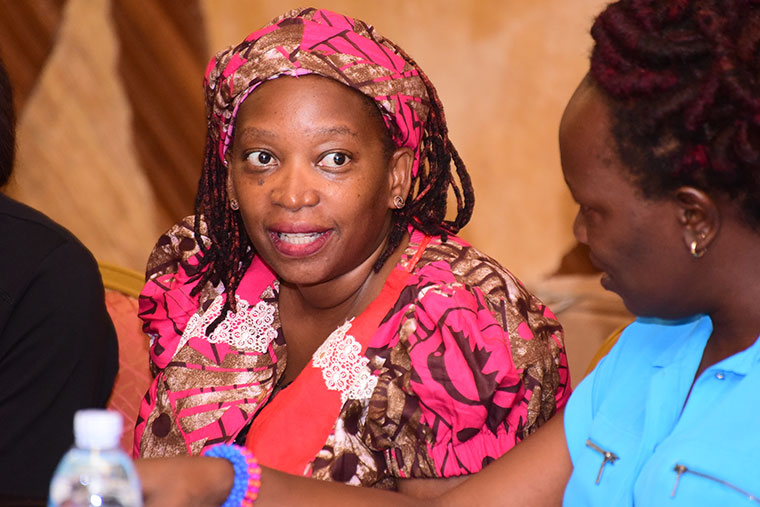On 29 January 1986, Yoweri Kaguta Museveni addressed Ugandans for the first time as President: “No one should think that what is happening today is a mere change of guard; it is a fundamental change in the politics of our country”.

Given that Uganda had been led by seven presidents and a presidential commission in the preceding seven years, few could have expected that Museveni would remain at the helm over 30 years later.
The National Resistance Army and its political wing, the National Resistance Movement (NRM), took power after a bush war that began in 1980. The NRM’s ten-point programme, debated and agreed during 1984, sought to “usher in a new and better future for the long-suffering people of Uganda on the back of a grassroots campaign to seize power”. It promised a peaceful, democratic future, free from corruption, and with basic services and economic opportunity for all citizens.
Since the end of the 1980s, the focus has been on Governance, Peace and Security as factors that determine the success of economic policies or, more generally, as major factors influencing the level of national development (macro level) and the well-being of the population (micro level).
In effect, the proclamation for a fundamental change was followed with several security operations that brought to an end the insecurity that was prevalent then from cleaning up the army to intervening in the Kony insurgency that worried the people in the North and East.
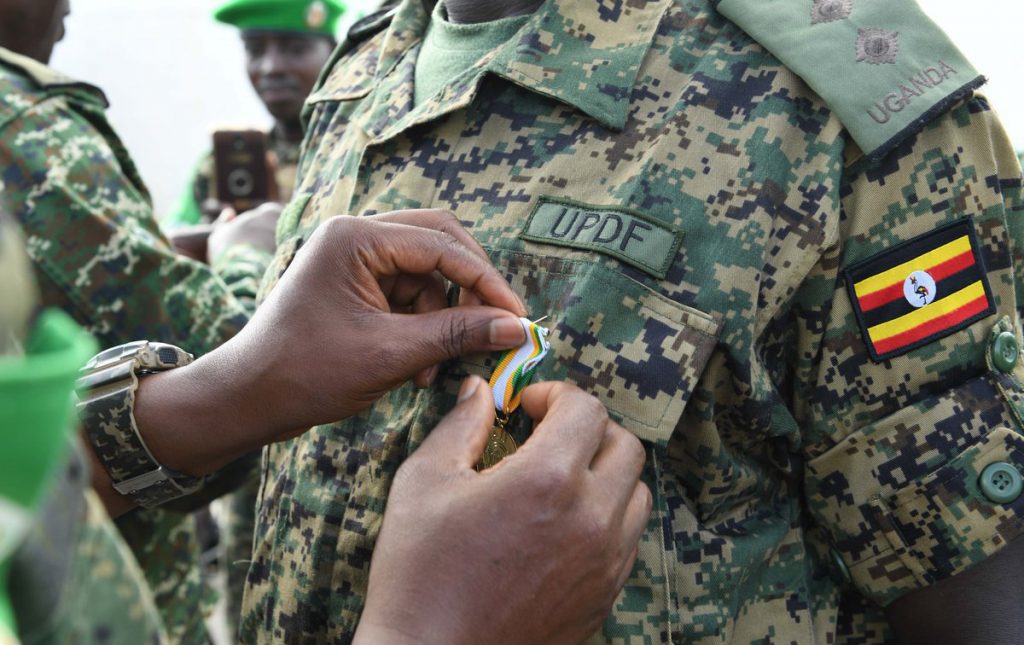
The discipline in the army was further heightened with the introduction of the UPDF Act 2005, which spelt out penalties for misbehaving officers and men of the armed forces.
Upto today, this is still being followed and the army has courts at different units where rogue officers are charged, with the ultimate court being the General Court Martial, which sits at Makindye in Kampala.
The late Maj. Herbert Kikomeko Itongwa was one of those NRA fighters who were imprisoned for indiscipline in the 1990s. When he was released, he tried to fight the Government, but he failed and fled to exile in Sweden.
Over the years, over 20 rebel groups that have tried to fight Museveni’s government but have tremendously failed.
According to the US’ Overseas Security Advisory Council (OSAC) Crime and Safety report 2015, whereas crime can occur anywhere and at any time, Uganda’s security status is always promising.
The report says that while faced with related issues associated with crime and terrorism, Uganda continues to improve its security situation by focusing efforts toward combating these activities.
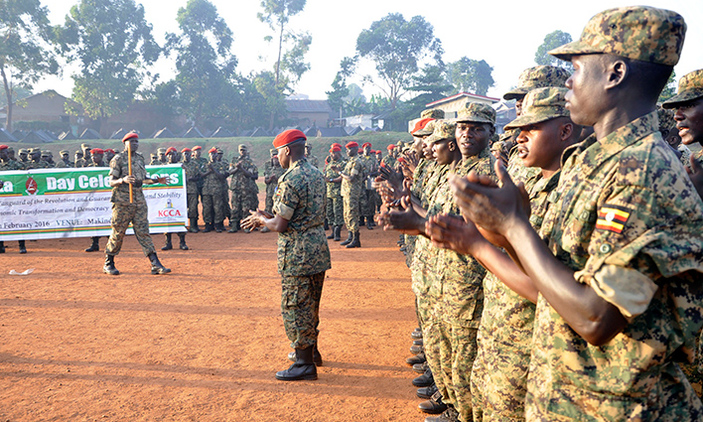
Generally, therefore, for the 32 years Museveni’s Government has been in power, it has become renowned for guaranteeing security for its citizens. This even became a tool for politicking by Opposition politicians, who regularly mock NRM (National Resistance Movement) party supporters that the abundant peace has sent them into a “slumber”.
Today, Uganda’s security situation is being monitored by the Uganda Police Force, Chieftaincy of Military Intelligence (CMI), Internal Security Organisation (ISO) and External Security Organisation (ESO) that monitors external threats.
In his 2014 independence day address, the president remarked that all Uganda was finally at peace for the first time in 114 years. While the narrative of the NRM as guarantor of peace is grounded, a little more is expected by the regime to better the few shortcomings of crime, and insecurity.
Going forward, the country’s security indicators are pointing towards a peaceful future, especially as the crackdown on criminal elements in society is maintained and intensified thus ensuring the country’s growth and development.


